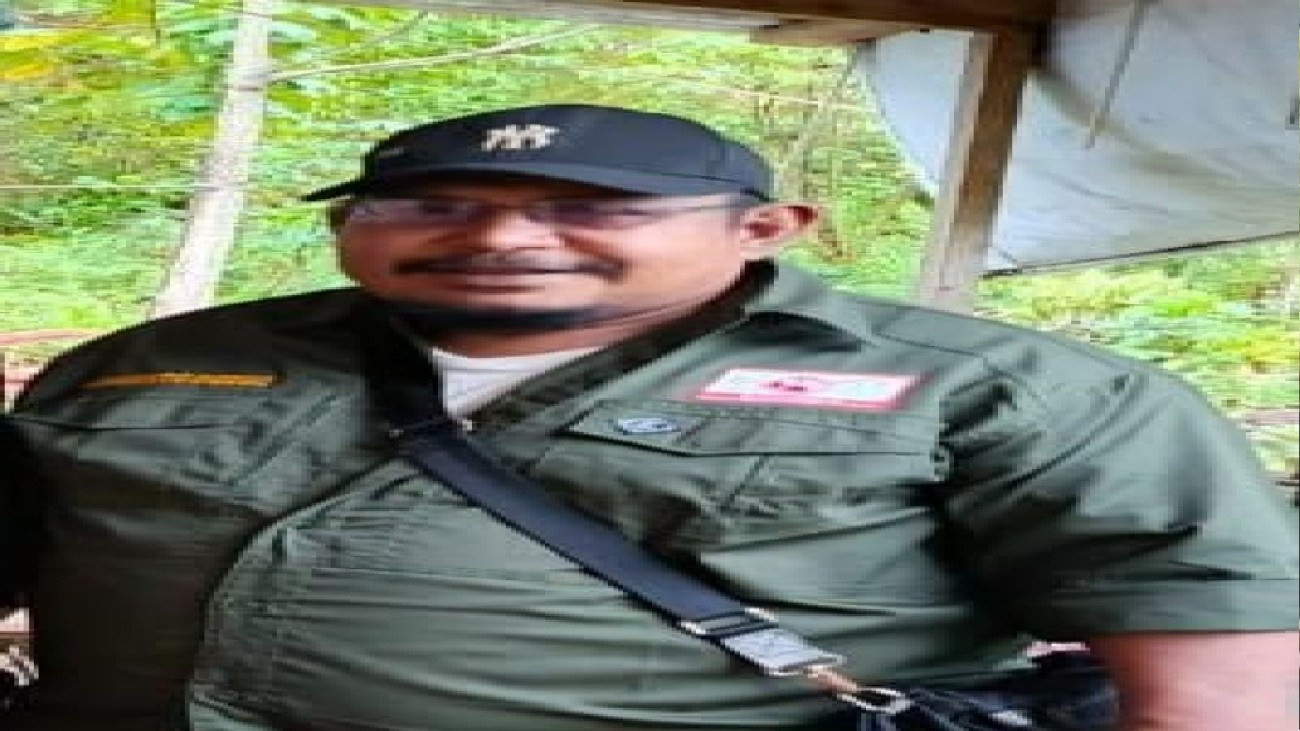PinFunPapua.com, Manokwari-Mawanto Dubri, activist of Kampak West Papua NGO, questioned the local government's policy regarding health facilities in this province. Until now, West Papua has not had adequate blood washing facilities (hemodialysis) for patients in need, especially for those who have kidney problems and need routine blood washing services. This is a serious concern for Marwanto who is concerned about the condition of the people, especially the Orang Asli Papua (OAP) who have to face the difficulties of cost and access to get these health services.
According to Mawanto, the unavailability of blood washing equipment in West Papua causes many residents to have to travel far outside the region just to get hemodialysis services. “I saw for myself, how our brothers in West Papua have to pay a very large fee to go outside Papua, for the sake of washing the blood. This is very burdensome, especially for indigenous Papuans who generally have limited finances,” he said with a concerned tone, Saturday (2/11/2024).
He explained that the costs incurred are not only for transportation, but also for accommodation, including the cost of renting housing for patients and families who accompany them during the treatment process. “When they have to leave Papua, the patient's family must find a temporary residence and this increases the cost burden. With limited economic conditions, many families end up having difficulty getting decent health services,” explained Marwanto.
In addition, Mawanto highlighted that the West Papua Provincial Hospital currently has the status of a referral hospital, which should have complete and comprehensive health services, including hemodialysis services. “The Provincial Hospital has become a referral hospital, the service should also increase. But in fact, until now, dialysis facilities are not available here. This is certainly disappointing and needs to be immediately followed up by the relevant parties,” he said. As a solution, Mawanto urged the West Papua provincial government, especially the Health Office, to speed up the procurement of blood washing equipment and its experts. According to him, the government could consider cooperation with third parties, both private companies and donor agencies, to bring the facility in West Papua. “I hope the government is willing to cooperate with third parties, so that blood washing equipment can be available in provincial hospitals. With adequate tools and experts, health services for the community, especially indigenous Papuans, will be easier and will not burden them in terms of costs and personnel,” he continued. Furthermore, Mawanto considered that the availability of blood washing services in West Papua is not only a matter of access to health, but also a form of government concern for the welfare of the community, especially those who are classified as vulnerable and need long-term care. He hopes that this aspiration can be heard by the government and immediately realized in order to improve the quality of life of the people of West Papua. The problem of the absence of basic health facilities, according to Marwanto, reflects the importance of the government's role in providing equitable services to all levels of society. Moreover, health is a fundamental right that must be guaranteed by the state. “The people of West Papua have the same right to decent health care. The government should not delay any longer, because the longer this facility is not available, the more people will be harmed and have to bear a huge cost burden,” he concluded. With the attention and concrete steps from the government, it is expected that health services in West Papua will be more adequate. (red)
Source: https://pinfunpapua.com/marwanto-soroti-ketiadaan-alat-pencuci-darah-di-papua-barat-minta-perhatian-pemerintah-provinsi/
 English
English
 Indonesia
Indonesia



Add New Comment